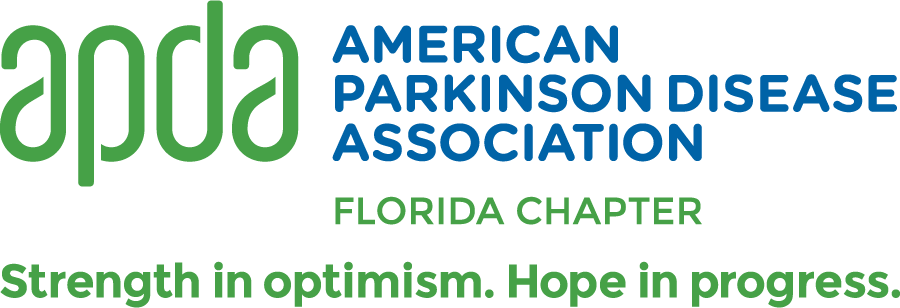If you’re facing a retirement filled with caregiving duties for your aging parents, you’re not alone.
According to the National Alliance for Caregiving, an estimated 65 million people in the United States are working as an unpaid family caregiver. Of those caregivers, seven in 10 take care of someone over the age of 50.
It’s a role that has equal benefits and drawbacks for caregivers. The benefits include getting to know their parents better, getting quality time together at the end of life and learning more about your family history. Caregivers have also reported feeling like they are “giving back” for the years that their parents gave them during their upbringing.
However, taking care of aging parents is not without its challenges. Many of the 76 million baby boomers born between 1946 and 1964 didn’t expect to be spending their retirement years taking care of aging parents. When they were growing up, their own grandparents had likely passed on by the time their parents were in retirement age. The endless vacations and quality time with grandchildren that their parents spent just aren’t possible for today’s retirees.
Those retirement dreams have been replaced with unpaid caregiving hours – which add up to an economic value of $450 billion nationwide. Vacations are cut short because they either can’t afford the extra costs or can’t spend time away from their parents. They may be making room in their homes to have their parents move in, or spending a lot of time going to and from their parents’ homes.
There are also the mental and physical burdens of caring for aging parents. It can be emotionally straining to see your parents become weaker as they age. According to the Family Caregiver Alliance, 30% to 59% of caregivers experience symptoms of depression. This can be exacerbated by the loss of freedom that comes along with handling caregiving duties.
That’s why many individuals choose to get home health care services for their parents. They can experience all of the benefits of caring for parents – like the closeness – but maintain a bit more freedom.







